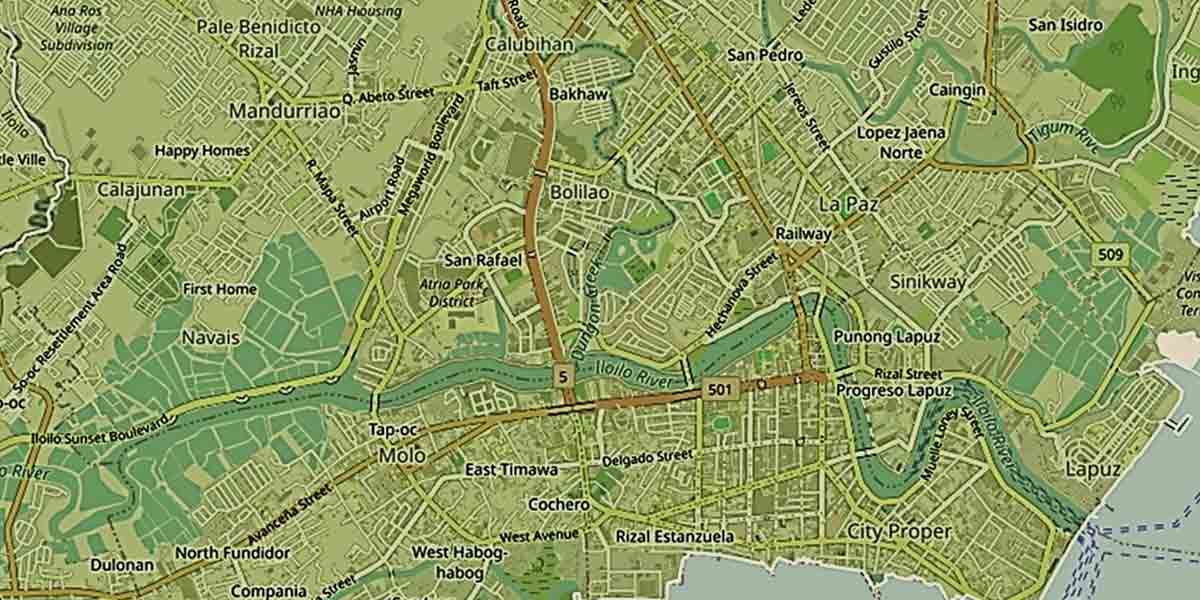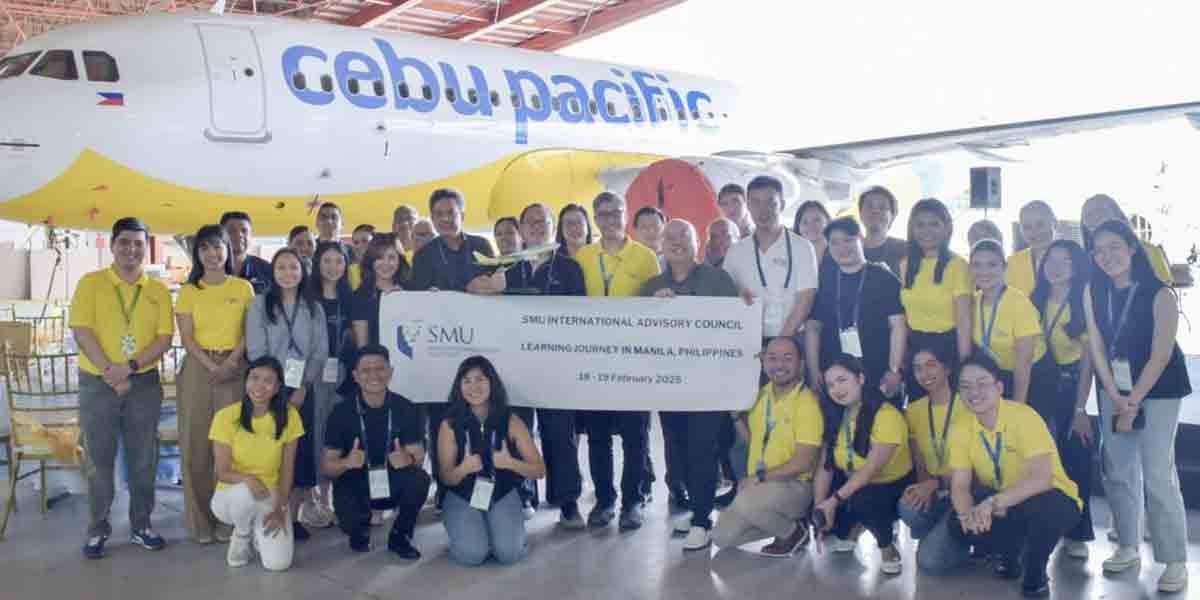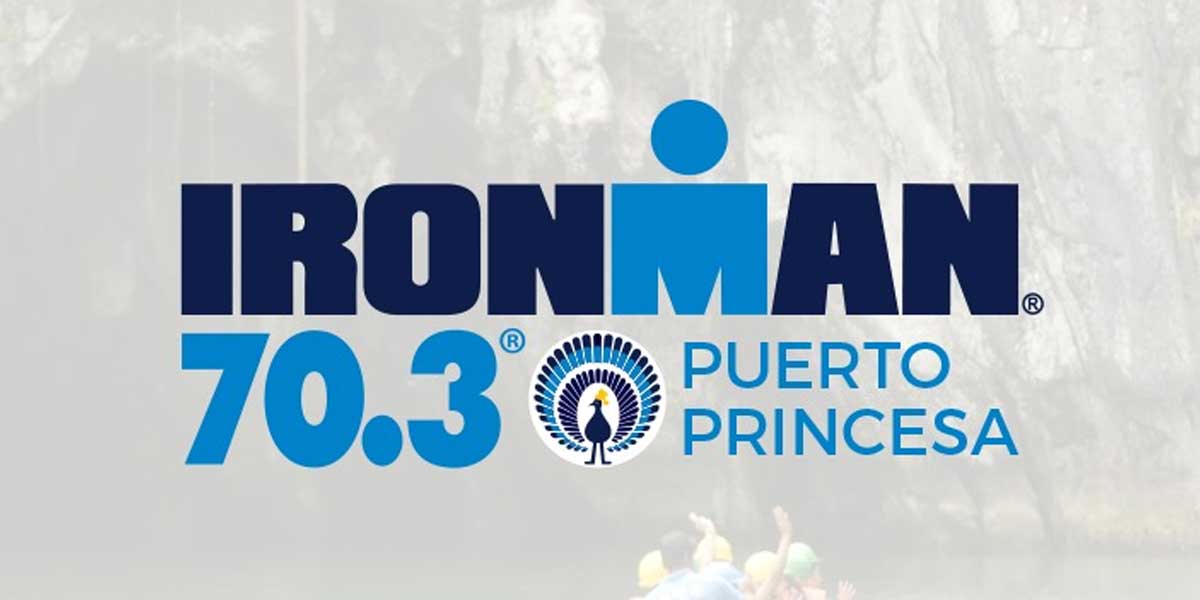
By Joseph B.A. Marzan
The restrictions which ran for more than 4 months in Iloilo City have loosened on Friday, Oct. 1, after the city was placed under the “more permissive” General Community Quarantine (GCQ) with heightened restrictions.
This would be the first time since May 23, 2021 that the city will impose lesser regulations amid the coronavirus disease 2019 (COVID-19) pandemic, after having been under Modified Enhanced CQ (MECQ) from May 24 to July 16 and August 16 to September 30, and ECQ from July to August 16.
ECQ and the MECQ are the two strictest quarantine levels that can be imposed on an area with surging cases.
Mayor Jerry Treñas issued Executive Order No. 115 s. 2021 on Friday to implement lighter changes to the city’s COVID response rules.
Curfew has been shortened between 10:00 p.m. to 4:00 a.m., but persons belonging to the vulnerable sector (persons below 18 and above 65 years old, pregnant women, and persons with co-morbidities, immunodeficiencies, other risk factors, and disabilities) are still barred from leaving home except for work and availing essential goods and services.
Border restrictions within Panay Island and to and from Negros Island (vice versa) will remain, except for the following:
– Work;
– Medical needs;
– Accessing government services;
– Transport of goods and/or construction materials;
– Humanitarian purposes;
– Receiving first/second dose of COVID-19 vaccines; and
– Returning Overseas Filipino Workers (ROFWs), Locally Stranded Individuals or Returning Residents (RRs), and Authorized Persons Outside of Residence (APOR).
Inbound travel to Iloilo City via air and sea travel also remains suspended except for ROFWs, RRs, and APORs, subject to certain COVID testing and quarantine guidelines.
Vaccination rollouts are still unhampered, provided that the public will observe minimum public health standards (wearing of face masks and shields, physical distancing, and handwashing and hand sanitizing).
Public transportation is allowed to operate at 100 percent capacity, but operators are still highly encouraged to implement 50 percent capacity or the one-seat-apart rule.
Public consumption of liquor and limitations on time to buy alcoholic drinks (10 a.m. to 6 p.m.) are still in place.
Food establishments with onsite personnel and staff who are all fully vaccinated and have secured the Safety Seal Certification may serve 50 percent indoor dining and 70 percent outdoor dining.
Establishments without the safety seal but with fully vaccinated staff can operate 30 percent for indoor dining and 50 percent for outdoor dining.
Those with Safety Seal Certification only can have 30 percent in-door dining and 60 percent outdoor dining.
If food establishments do not have both Safety Seal and full personnel vaccination requirements, they can only serve up to 20 percent indoor capacity and 50 percent outdoor capacity.
The following establishments can operate at full (100 percent) capacity:
– Public and private hospitals;
– Health, emergency, and frontline services, including those provided by dialysis centers, chemotherapy centers, HMOs, health insurance providers, disaster risk reduction management officers, and public safety officers, and the like;
– Manufacturers of medicines and vitamins, medical supplies, devices, and equipment, including suppliers of input, packaging, and distribution;
– Industries involved in agriculture (crops, fruits, vegetables, livestock, and poultry), forestry, fishery, and such other components of the food value chain and their workers, including farmers and fisherfolks;
– Logistics service providers (delivery and courier services; cargo handling; warehousing; trucking; freight forwarding; shipping, port and terminal operators);
– Essential and priority construction projects, whether public or private, in accordance with the guidelines issued by the Department of Public Works and Highways (DPWH);
– Manufacturing related to food and other essential goods such as but not limited to soap and detergents, diapers, personal hygiene products, toilet paper, and wet wipes, and disinfectants;
– Companies that manufacture, distribute, and/or supply equipment or products necessary to perform construction or maintenance works, such as cement and steel, or spare parts;
– Essential retail trade and service establishments such as public markets, supermarkets, grocery stores, convenience stores, pharmacies or drug stores, hardware, office supplies, bicycle shops, laundry shops, and water-refilling stations;
– Public and private financial service providers involved in the distribution of government grants and amelioration subsidies;
– Business process outsourcing establishments (BPOs), and export-oriented businesses, including mining and quarrying activities;
– Media establishments and their total permanent staff complement, inclusive of reporters and other field employees;
– Dental, rehabilitation, optometry, and other medical clinics for the treatment of illness or injuries;
– Veterinary clinics; iii. Banks, money transfer services, including pawnshops only insofar as performing money transfer functions, microfinance institutions, and credit cooperatives, including their armored vehicle services, if any;
– Capital markets, including but not limited to the Bangko Sentral ng Pilipinas, Securities and Exchange Commission, Philippine Stock Exchange, Philippine Dealing and Exchange Corporation, Philippine Securities Settlement Corporation, and Philippine Depository and Trust Corporation;
– Water supply and janitorial/sanitation services and facilities, including waste disposal services, as well as property management and building utility services;
– The energy sector (oil, gas, and power companies), their third-party contractors and service providers, including employees involved in electric transmission and distribution, electric power plant and line maintenance, electricity market and retail suppliers, as well as those involved in the exploration, operations, trading and delivery of coal, oil, crude or petroleum and by-products (gasoline, diesel, liquefied petroleum gas, jet oil, kerosene, lubricants), including gasoline stations, refineries, and depots or any kind of fuel used to produce electricity;
– Telecommunications companies, internet service providers, cable television providers, including those who perform indirect services such as the technical, sales, and other support personnel, as well as the employees of their third-party contractors doing sales, installation, maintenance, and repair works;
– Airline and aircraft maintenance, pilots and crew, and employees of aviation schools for purposes of the pilot’s recurrent training for flight proficiency and type rating using simulator facilities; and ship captains and crew, including shipyard operations and repair;
– Funeral and embalming services;
– Security personnel licensed by the PNP – Supervisory Office for Security and Investigation Agencies;
– Printing establishments authorized by the Bureau of Internal Revenue and other government agencies to print accountable forms and other security documents;
– Establishments engaged in repair and maintenance of machinery and equipment, for households and essential permitted establishments;
– Establishments engaged in repair and maintenance of motorized and non-motorized vehicles, including the sale of spare parts;
– Leasing of real and personal properties;
– Employment activities that involve the recruitment and placement for permitted sectors;
– Teachers, professors and other staff for purposes of conducting online/offline, and flexible classes, completion of grades, and processing of student credentials, requirements and documents;
– Lawyers who will provide legal representation necessary to protect rights of persons as well as legal services for permitted establishments; and
– All other establishments, to the extent necessary for the buying and selling of consumer goods or services via the internet.
All other establishments are also allowed to operate at a 50 percent on-site capacity, except for the following establishments:
– Entertainment venues with live performers such as karaoke bars, bars, clubs, concert halls, theaters, and cinemas;
– Recreational venues such as internet cafes, billiard halls, amusement arcades, bowling alleys, and similar venues;
– Amusement parks or theme parks, fairs/peryas, kid amusement industries such as playgrounds, playroom, and kiddie rides;
– Casinos, horse racing, cockfighting and operation of cockpits, lottery and betting shops, and other gaming establishments except for the draws conducted by the Philippine Charity Sweepstakes Office;
– Outdoor sports courts or venues for contact sports, scrimmages, games, or activities;
– Indoor sports courts or venues and indoor tourist attractions; and
– Meetings, Incentives, Conventions, and Exhibitions (MICE) events and social events in venue establishments.
Outdoor tourist attractions as defined by the Department of Tourism (DOT), may operate at 30 percent capacity with adherence to minimum public health standards.
Hotels and accommodation establishments, as well as ancillary establishments within their premises, shall be allowed to operate under DOT guidelines.
Work at the Iloilo City Government remains at a skeletal and alternative arrangement, except for those which are deemed essential to report, while other national and regional government agencies are allowed to work at a 50 percent capacity in accordance with Civil Service Commission guidelines.
Religious denominations may continue services at 30 percent capacity, but weddings and baptisms are still limited to immediate family members and officiants and cannot exceed more than 30 people.
Funerals and wakes for non-COVID deaths cannot exceed for more than 3 days, and cannot have more than 10 visitors at a time, and burials can have only up to 30 people including ministers and immediate family members.
These GCQ guidelines will be implemented until October 31, unless otherwise the national government or the city government will extend or shorten the duration.





















